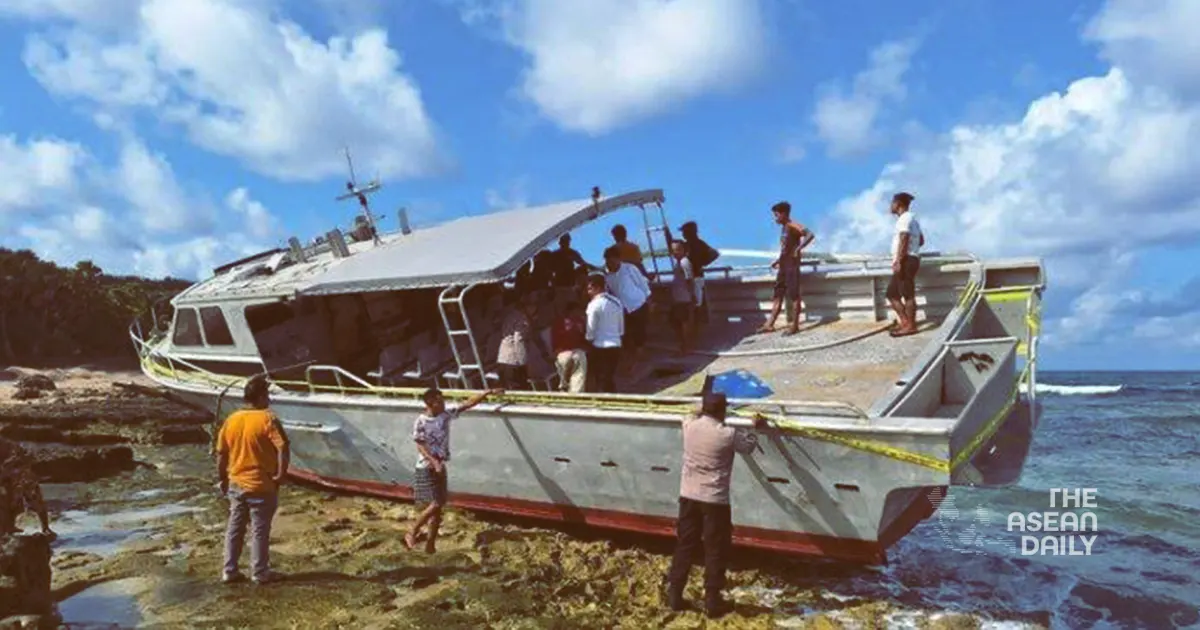11-7-2024 (JAKARTA) Indonesian authorities have reported that Australian forces have once again turned back a group of illegal migrants, sending them to a remote southern island in Indonesia. This incident, occurring last month, marks at least the second such occurrence this year, raising concerns about Australia’s handling of maritime asylum seekers.
Mardiono, the police chief of Indonesia’s Rote Island, revealed to AFP that two groups of migrants landed on the island in separate boats. The migrants claimed they were forced to board these vessels after their original wooden craft was intercepted by an Australian vessel at sea.
“We initially received reports of a vessel running aground,” Mardiono explained. “Upon investigation, we discovered an aluminium boat without a name or flag, carrying 22 individuals.” Later that same day, police located a similar vessel, also carrying 22 men, which had run aground on a different part of the island.
The police chief reported that the majority of the men identified themselves as Bangladeshi nationals, with eight claiming to be Rohingya from Myanmar. All 44 individuals are currently in custody at the local police headquarters.
According to their accounts, the migrants spent three days at sea before being intercepted by an Australian vessel. They allege they were then detained for 18 days before being placed aboard two boats and instructed to head towards Rote Island. However, these claims have not been independently verified.
When approached for comment, an Australian Border Force (ABF) spokesman stated that the organisation “does not confirm or comment on operational matters.”
This recent incident echoes a similar situation reported in June, when Indonesian immigration authorities detained 28 foreigners stranded on a beach in southern Java. Those individuals also claimed to have been set adrift after interception by Australian authorities.

Australia’s approach to maritime asylum seekers has been a subject of controversy for over a decade. Under a hardline policy, thousands of migrants attempting to reach Australia by boat have been sent to detention centres on Papua New Guinea’s Manus Island and the small Pacific nation of Nauru.
Successive Australian governments have maintained a firm stance that no asylum seeker arriving by boat will ever be permitted to settle permanently in the country. This policy has faced criticism from human rights organisations and international bodies, who argue that it violates international refugee conventions.
The repeated incidents of migrants being turned back to Indonesian waters raise questions about the legality and ethics of Australia’s border protection strategies. It also highlights the ongoing challenges faced by both Australia and Indonesia in managing the complex issue of irregular migration in the region.




